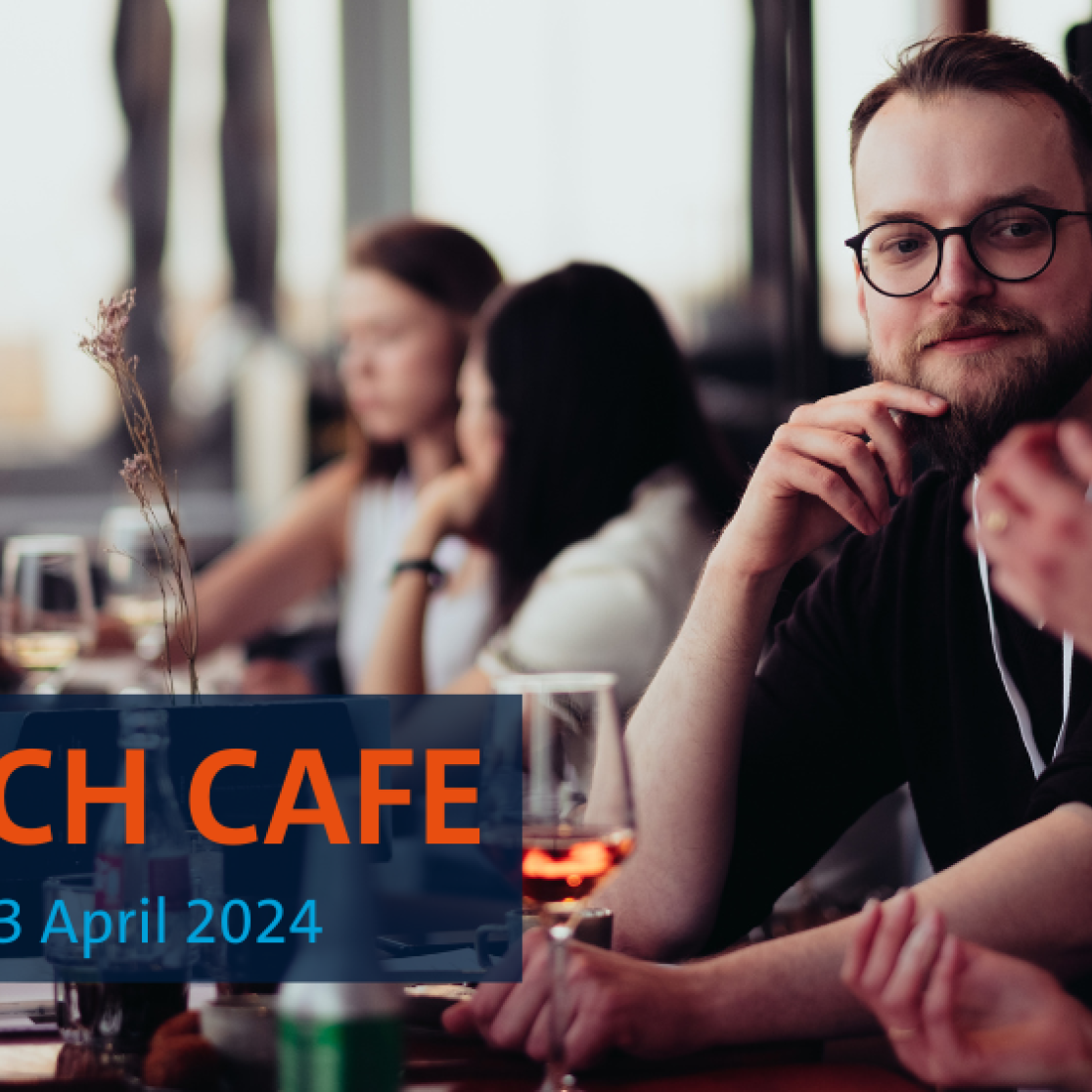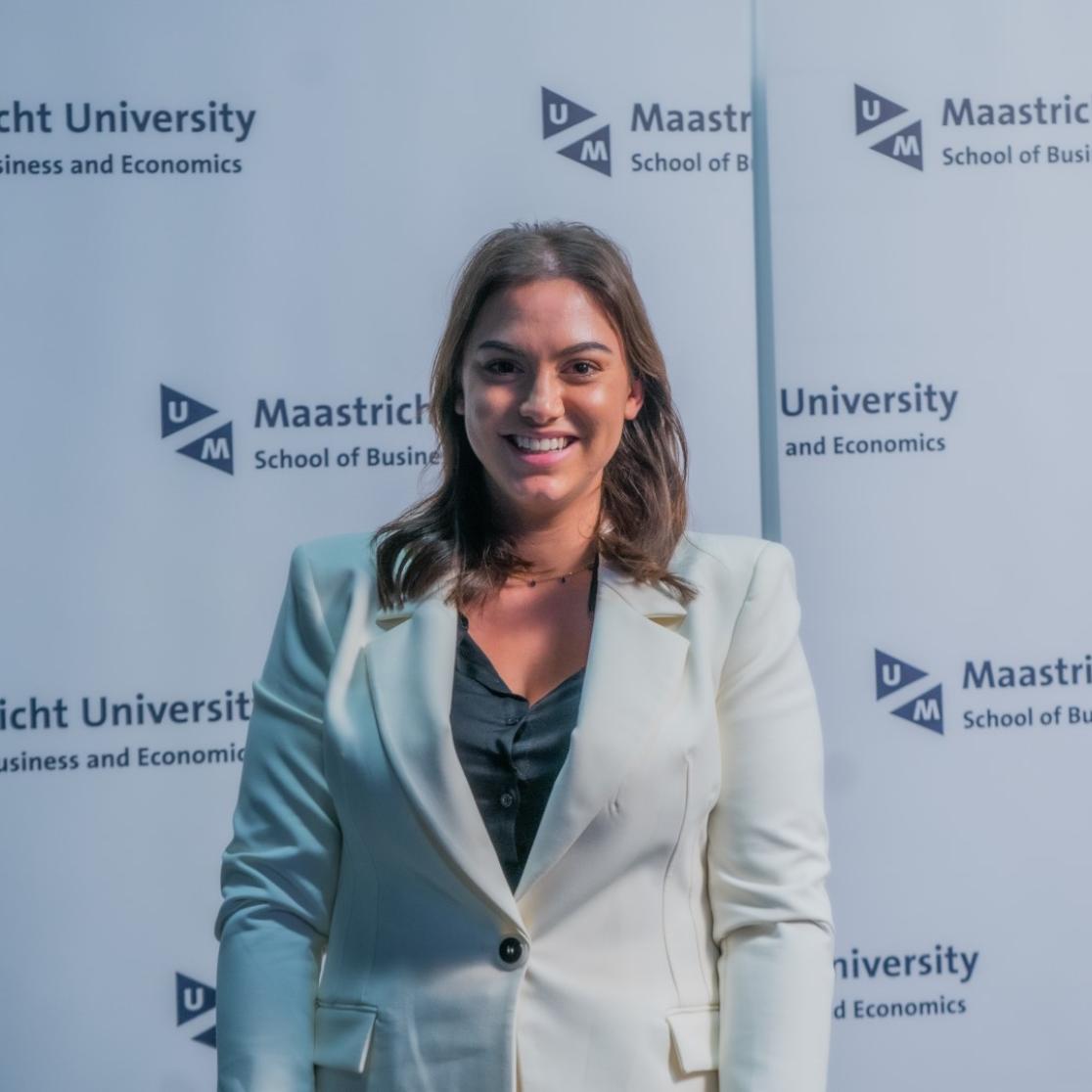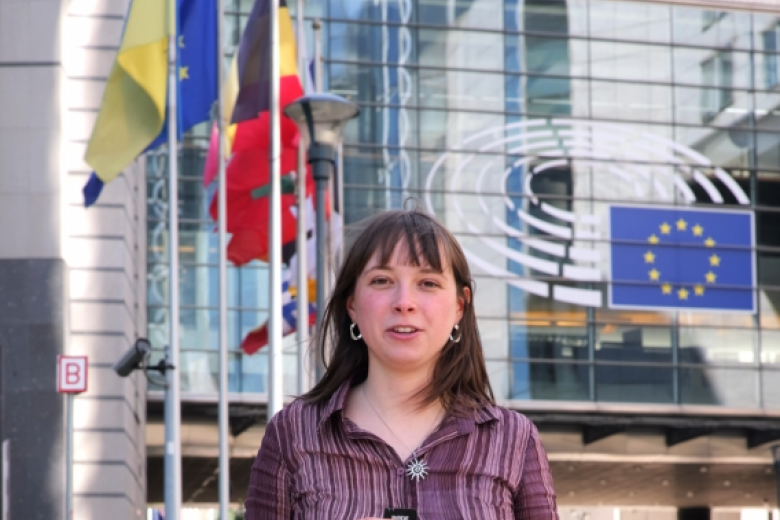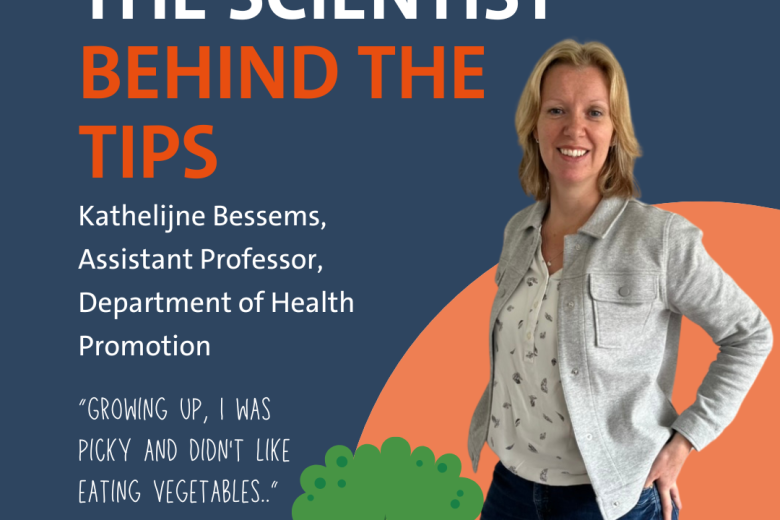From study to work: how do we ease the transition?
Starting your first job after university? For many graduates, swapping student life for a career is a challenging transition. Some end up leaving their first job because they feel underprepared. According to Niels van der Baan, who recently defended his PhD on the subject, coaching can help to prevent this. How can coaching ease students’ transition to the labour market? What is needed to make that coaching successful? Click here to read some useful tips.
Van der Baan knows from personal experience that the transition to work can be challenging. After studying psychology at UM, he landed his first job at a large telecom company. “I had to find my feet. It was a completely different environment. Later I was tasked with training new employees who were also recent graduates. I noticed that they often faced the same challenges.”
“As a master’s student or third-year bachelor’s student, you know the ins and outs of the university,” he says. “You also have a lot of theoretical knowledge about your field. When you start working and suddenly need different skills, it can feel like you’re starting over. You have a new role with new responsibilities, and have to master all these new work duties. And at university you could turn to a tutor, lecturer or course coordinator if you had questions; at work you often still have to find your way.”
Failing at your first job
Judith Houben from the UM Alumni Office recognises the struggle. With UM Career Services, she organises a twice-yearly Coach Café for soon-to-be graduates. “Students in the final year of their studies often have questions like ‘What kind of job suits me?’ or ‘I have no work experience. How do I get a job?’ And graduates regularly wonder whether their first job actually suits them.”
It’s important to prevent new employees from quitting, Van der Baan says. “For starters, it can have personal ramifications: greater stress and financial insecurity, lower self-confidence … But also for the organisation, which can face additional costs, staff shortages and loss of talent, and for society in the form of youth unemployment. So it’s important for graduates to enter the field well prepared.”
“Being able to reflect is a difficult skill. Too often, students and graduates are just expected to be able to do it.”
Niels van der BaanLearning to reflect
On 29 January 2024, Van der Baan defended his dissertation ‘Facilitating the education-to-work transition: Coaching for employability unravelled.’ He studied how universities can prepare students for the labour market through coaching in key competences. Many initiatives for final-year students aim to make students more ‘employable.’ Communication skills and teamwork competences, for example, make them more attractive for the labour market.
“But to develop those competences,” he says, “they first need a reflective attitude. In internships and at work, students are often asked to reflect on what is going well and what they find challenging. But for that you have to be able to reflect, which is a difficult skill. Too often, they’re just expected to be able to do it.”
A coach can help them learn to reflect independently and thus continue to develop their employability, even once they are working. “Often students are able to look back on how things went. But the question ‘What can I do differently next time this situation arises?’ is more difficult. Coaching can help with that.”
Bringing together coaching at university and at work
Coaching opportunities abound in higher education. And the labour market, too, offers ample coaching opportunities for recent graduates. Both types of coaching have the same goal: to foster the development of starting employees and thus keep them in the organisation. Yet coaching in education and coaching in the professional field are treated as separate beasts. “For a smooth transition, you have to bring together coaching from both worlds,” Van der Baan argues. “The transition from student to employee doesn’t stop as soon as you’ve found a job. It’s a phase that lasts two or three years, during which you adapt to your new context and role as an employee.”
A coach need not be formally accredited as such to be able to offer sound guidance. Van der Baan’s research identified three success factors. “The student has to feel safe enough to talk about their challenges. They need the freedom to set their own learning goals and experiment with different learning activities. And together they have to draw up an action plan and discuss afterwards how it went. That fosters reflection. By coaching graduates in the workplace the same way as in higher education, you stimulate lifelong learning.”

Coach Café for students and graduates
The UM Alumni Office and Career Services organise the Coach Café twice a year for recent UM graduates, master’s students and third-year bachelor’s students. They get together with coaches from the professional field in an informal, café-like setting.
“Twenty coaches from the field attend, all former students who graduated between 5 and 30 years ago and now hold very diverse roles,” says co-organiser Judith Houben. “Students and alumni get the chance to discuss their talents, dreams and plans with one another and with the coaches. The evening concludes with a Living LinkedIn, where the students and alumni make connections that will help them take the next step.”
The next Coach Café will take place on 23 April 2024. Keep an eye on the Alumni Events calendar or the Alumni Office Instagram account to find out when you can register. UM students can also turn to the UM Career Services for coaching, workshops or help with internships up to six months after graduating.
Practice what you preach
In coaching students for the labour market himself, Van der Baan applied his own tools. One of those students was Alexia Aliatidis. At the time, she was following the pre-master’s in Learning and Development in Organisations. During the master’s programme of the same name, she was appointed both a coach from UM and an external coach from the professional field as part of the Competence-Based Coaching course. After graduating, she found a job at Ernst & Young in Rome through the network she had built up during the coaching.
“Gaining theoretical insights from the university as well as practical insights from the field was very valuable,” she says. “The coaching not only helped me get my first job, but also shaped me professionally and personally into who I am today. I started thinking about my ambitions and linking them to concrete goals. I really experienced myself changing from a student into a future employee.”
Even today, Aliatidis applies the lessons she learnt from coaching. “In challenging situations, I still look for someone who feels like a coach or mentor to me. I reflect on the situation with that person and set goals to do things differently in the future.”

Alexia Aliatidis applies the lessons she learnt from coaching in challenging situations at work.
“The transition from student to employee doesn’t stop as soon as you’ve found a job. It’s a phase that lasts two or three years.”
Niels van der BaanTips for students and graduates
What can you do to ease the transition to work? Van der Baan’s advice:
- Analyse what went well and what could be improved in particular experiences at your workplace.
- Look for opportunities to work on your points for improvement. Does giving presentations make you nervous or anxious? Find ways to confront this head-on.
- Look for a coach. This could be a manager, for example, or a friendly colleague.
- Take advantage of the university’s career and coaching services. Consider internships, workshops, a mentor, the Coach Café and other opportunities offered by UM Career Services.
Two additional tips from Aliatidis:
- Build a network. Go to networking events and make contact with fellow students and alumni. This can help you find your first job.
- Write your thesis for an organisation. This enables you to work with real data and gain professional insight while still working on your thesis.
Text: Romy Veul
Also read
-
Europe Day
To celebrate Europe Day on 9 May, FASoS student Lisa travelled to Brussels to meet with five of our inspiring alumni who are currently shaping European policy and advocacy. In this video, they share why Europe Day matters, how it’s celebrated in Brussels, and what the idea of Europe means to them.

-
The Green Office Catalyses Circularity Projects’ Autonomy
This semester, the Green Office cultivated the untapped potential of the Community Garden and the Clothing Swap Room. We hope that these Circularity Projects will operate under autonomous, functional organisations by this time next year, with continued support from the Green Office and the SUM2030...
-
Evidence-based health tips for students: the science of eating healthy
In the upcoming months, we’ll share tips on Instagram for our students on how to live a healthier life. Not just a random collection, but tips based on actual research happening at our faculty. The brains behind this idea are Lieve Vonken and Gido Metz, PhD candidates at CAPHRI, the Care and Public...
